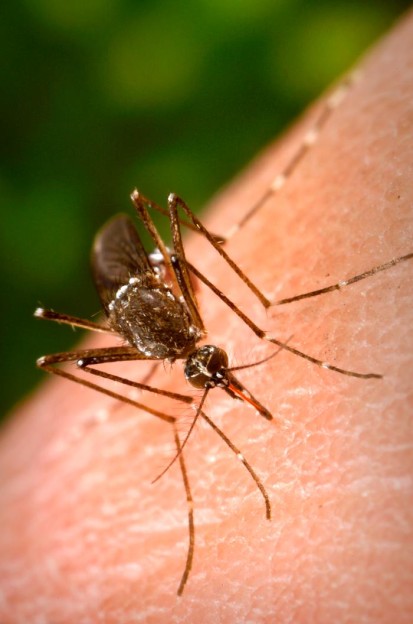In an update on the yellow fever outbreak in Angola, which has been described as the worst outbreak in 30 years, UN health officials report that as of Mar. 29, total suspected cases reported are 1409 of which 490 were laboratory confirmed. Total number of deaths reported as of 29 March is 198.

Of the 490 laboratory confirmed cases, 347 (nearly 71%) are reported from Luanda province. Huambo province has reported 66 confirmed cases, or 13.4% of the total.
Thirty one (31) districts registered cases with onset of symptoms during the month of March 2016. No new district or province has reported a confirmed case within the last 48 hours.
The overall vaccination campaign in Luanda province is 88% of the targeted population (5,804,475 of 6,583,216) while the total national stock of Yellow fever vaccines as of 29 March 2016 is 1,032,970 doses at central store.
The last three districts in Luanda province (Rangel, Icolo e Bengo and Kissama) have commenced vaccination activities. Microplans are being developed in the provinces of Huambo, Benguela, Huila, Cuanza Sul and Uige for the next phase of vaccination.
Public service messages on yellow fever and the importance of vaccination continue to be shown on national television. In addition, social mobilization was intensified during the well-attended football match between Angola and DR Congo on 30 March in Luanda to disseminate yellow fever messages focusing on preventive measures.
Despite reports of at least two imported yellow fever cases from Angola, Kenyan Health Cabinet Secretary Cleopa Mailu said there is no yellow fever outbreak in the country. Dr Mailu clarified that the two cases reported in Kenya last month had posed no threat since as the victims contracted the disease well past the infective five-day period and could therefore not pass on the disease.
The outbreak in Angola has prompted other southern African nations to respond. In Rwanda, Minister for Health, Dr Agnes Binagwaho said the country is taking concrete steps in order to keep the country safe.
“Everybody who is entering Rwanda has to have a yellow fever vaccination card in order to ensure protection of citizens. We also advise Rwandans who are travelling outside the country to be vaccinated for their own protection and that of the country,” Binagwaho said.
This film depicts a representative community campaign to control Aedes aegypti mosquitoes in order to prevent dengue and yellow fever from 1945.
Related:


One thought on “Yellow fever update: 1400 suspected cases, nearly 200 deaths in Angola”